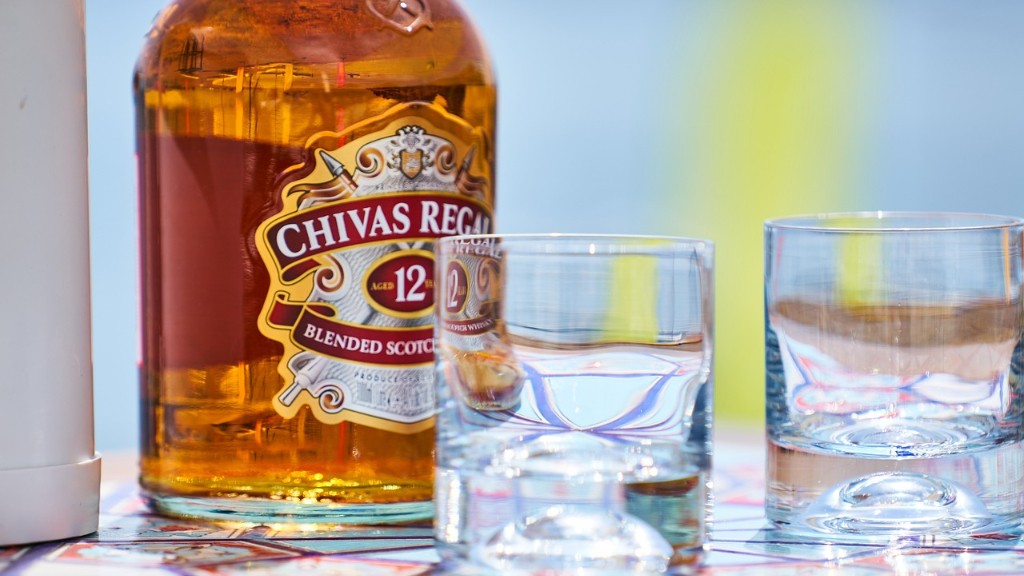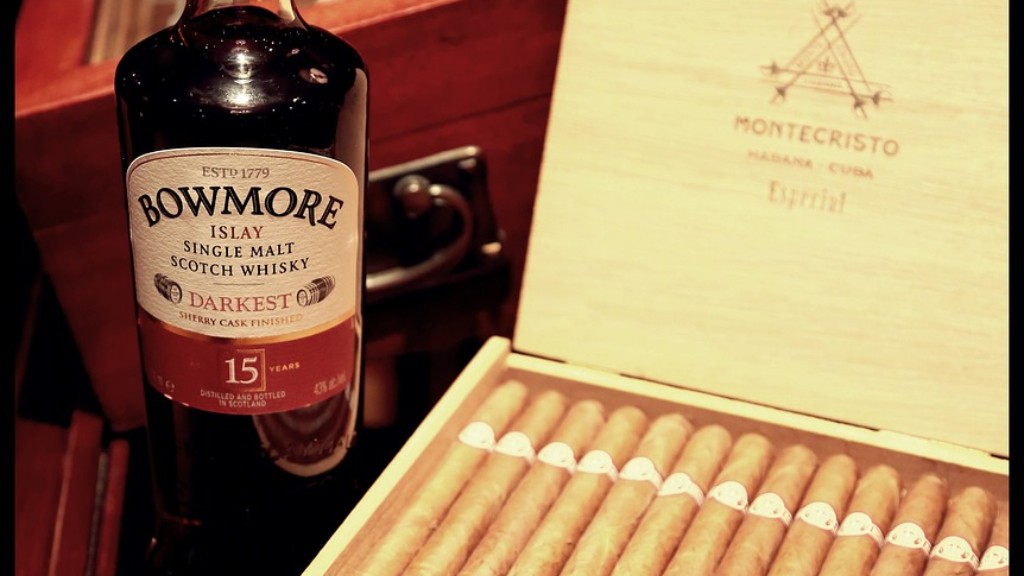Spell Whiskey or Whisky?
Wondering if there is a difference between whisky and whiskey? We get it, you don’t want to mis-spell it wrong in your emails or LinkedIn bios. Don’t worry, we’ve got you covered!The correct spellings are “whisky” (without an “e”) for the kind made everywhere else, and “whiskey” (with an “e”) for the type made in Ireland, Canada, Japan, and the United States.
Whisky
Whisky (without the “e”) is the most popular spelling across the globe. Perhaps the most iconic type of this kind of whisky is Scotch whisky, a single malt whisky made in Scotland, as specified by the Scotch Whisky Regulations of 2009.Whisky can be made from any grain, though barley is the most common. Malted barley is soaked in hot water to extract sugars, which are then fermented to create a wash. The wash is then distilled twice, often in a pot still. The process can vary between producers, but it usually goes something like this.
Whisky (without the “e”) is also used to make all of the other types of whisky, including Canadian rye, Japanese whisky, and Indian whisky. When the creators name their product “whisky,” it’s a cue that the whisky has been made outside of the countries that spell “whiskey” with an “e.”
Whiskey
Whiskey (with the “e”) is made in the USA, Ireland, Japan, and (occasionally) Canada. It’s generally made from a type of fermented mash that includes at least 51% of one kind of grain, such as corn, rye, oats, or wheat.
In the United States, the mash is usually fermented with a type of distiller’s yeast and aged in charred oak barrels. The process and ingredients used to create whiskey must comply with certain regulations, like the Bottled-in-Bond Act of 1897.
Irish whiskey is made using a different process than American whiskey. Irish whiskey is distilled three times rather than two, and it’s also made with a slightly different type of yeast. Additionally, the whiskey is strictly regulated by the Irish Whiskey Act of 1980.
Japanese whiskey is often a blend of a Japanese whiskey and one from Scotland. The hybrid whiskey is then aged in Japanese oak barrels. Much like Scotch whisky, Japanese whiskey is also heavily regulated; Japanese law requires the whiskey to be produced in Japan and distilled to a minimum of 94.8% alcohol by volume.
Other Types of Whisky
The spelling “whisky” (without the “e”) is used in many other countries around the world, making it the preferred spelling for nearly all types of whisky. The grain used is typically corn, wheat, or rye, though some producers use oats, rice, or barley. A few popular varieties of whisky include Canadian whisky, Indian whisky, Swedish whisky, and Taiwanese whisky.
Canadian whisky was lumped together with other whiskeys in the 1930s but distinguished itself in the 1940s and became its own type. It’s typically made with corn, rye, and wheat, and is often blended with flavorful, sweet ingredients, such as maple syrup. Canadian whisky is light and smooth, and slightly different than its American counterparts.
Indian whisky is closely related to Scotch whisky but it’s usually made with more than one grain. Unlike other types of whisky, it’s often aged in American oak barrels and aged for less time. It’s often bottled at a higher proof than whisky made in other countries.
Swedish whisky is made with wheat, barley, and rye, and aged in oak casks. It’s triple distilled, which is unique compared to other whiskeys. It often has a sweet, vanilla flavor profile, and it can be enjoyed on its own or in your favorite beverage.
Taiwanese whisky is made from all kinds of grains, including rice, wheat, barley, and other grains. Typically, Taiwanese whisky is aged in American oak barrels that have been toasted or charred. It usually has a slightly sweet flavor and smoky aroma.
Conclusion
So when it comes to spelling whiskey or whisky, it really depends on where it’s made. If it’s from Canada, Ireland, Japan, or the USA, it should be spelled with an “e.” If it’s from anywhere else on the planet, spell it without the “e.” That’s all there is to it!

